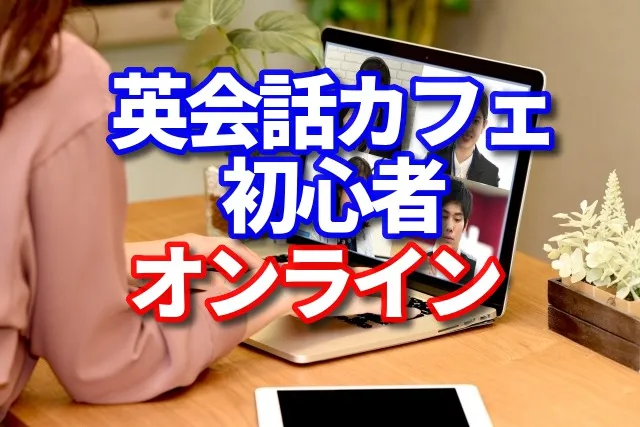
What is japanese of good morning?

It’s ohayougozaimasu.
Let’s explain in detail.
japanese of good morning is ohayougozaimasu
japanese of good morning is おはようございます(o ha yo u go za i ma su).
「Good morning」は日本語で「おはようございます」と言います。
This phrase is used to greet people in the morning.
このフレーズは、朝に人々に挨拶するときに使われます。
The literal translation of “Good morning” is “good morning,” but the Japanese “Ohayo Gozaimasu” literally translates to “It’s early, isn’t it?” and comes from the idea that getting up early is a three-fold advantage.
「Good morning」の直訳は「良い朝」ですが、日本語の「おはようございます」は文字通りに訳すと「早いですね」となり、早起きは三文の得という思想から来ています。
This is a different word, but it serves the same purpose as a greeting.
これは言葉としては違いますが、挨拶としての役割は同じです。
In Japanese, the shortened form “Ohayo” is also very common and is used to address family, friends, and other close people. Ohayo gozaimasu” is the honorific form used in formal situations or with people of a higher age or rank.
日本語では、短縮形の「おはよう」も非常に一般的で、家族や友人など親しい人々に対して使われます。「おはようございます」は形式的な状況や、年齢や地位が上の人々に対して使用される敬語形です。
pronunciation
英語の発音: Good morning – グッド モーニング
日本語の発音: おはようございます – Ohayou gozaimasu おはよう – Ohayou
それぞれの言葉はその文化の一部を反映しており、言葉選びにより敬意を示したり、親しみを表現したりすることが可能です。
ohayougozaimasu of each country.
それぞれの言語で「おはようございます」のフレーズを解説します。
- 英語: Good Morning “Good Morning”というフレーズは、日が昇ると人々が互いに挨拶するために使われます。
- イタリア語: Buongiorno “Buongiorno”は直訳すると「良い日」を意味しますが、朝に挨拶する際に使われます。
- フランス語: Bonjour “Bonjour”も「良い日」を意味します。しかし、これも一日の始まりに相手に挨拶するために使われます。
- ドイツ語: Guten Morgen “Guten Morgen”は直訳すると「良い朝」を意味します。これは日本語の「おはようございます」に最も近いフレーズかもしれません。
- スペイン語: Buenos días “Buenos días”は直訳すると「良い日々」を意味しますが、日本語の「おはようございます」のように、朝の挨拶として使用されます。
- 中国語: 早安 (Zǎo ān) “早安”は「早い安全」を意味します。これは朝に挨拶するために使われます。
- インドネシア語: Selamat pagi “Selamat pagi”は直訳すると「安全な朝」を意味します。これは朝に挨拶するために使われます。
- タイ語: สวัสดีตอนเช้า (s̄wạs̄dī txn chêā) “สวัสดีตอนเช้า”は「朝の挨拶」を意味します。これは朝に挨拶するために使われます。
- ポルトガル語: Bom dia “Bom dia”は直訳すると「良い日」を意味しますが、これも朝に人々に挨拶するために使われます。
Each language reflects its unique culture and history, but all have one thing in common: they all have greetings that celebrate the beginning of a new day with the other.
Learning and using these greetings will make your trip to Japan more enjoyable and enriching.
各言語にはその独自の文化と歴史が反映されていますが、全ての言語で共通しているのは、新しい一日の始まりを相手に祝う挨拶があるということです。
これらの挨拶を学び、使うことで、日本への旅がより楽しく、豊かなものになるでしょう。
